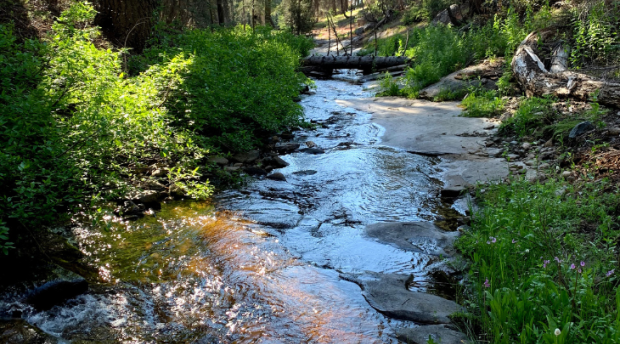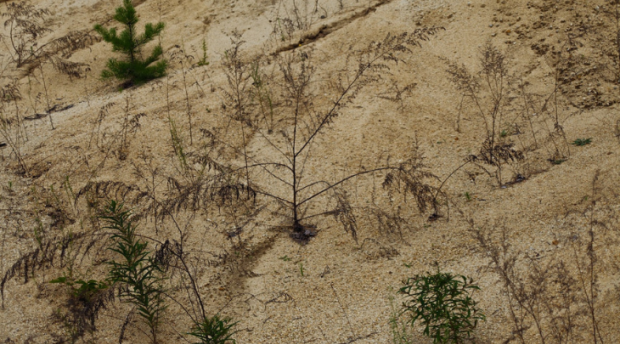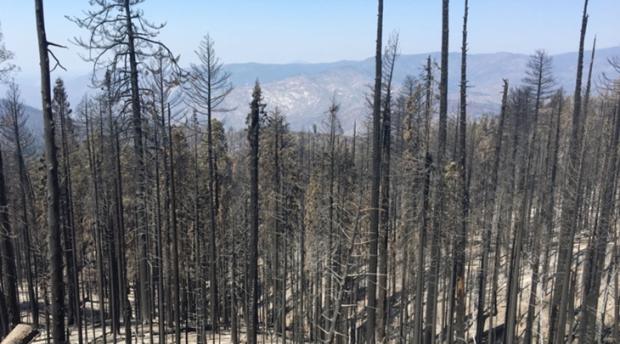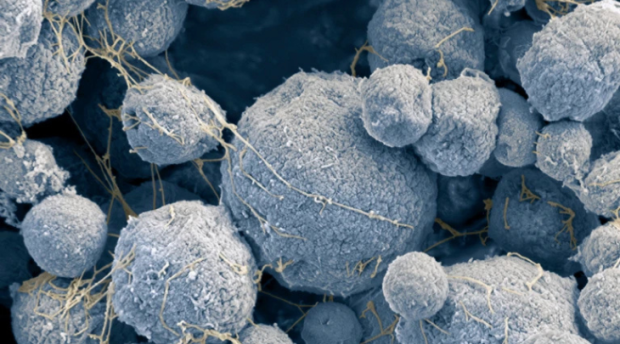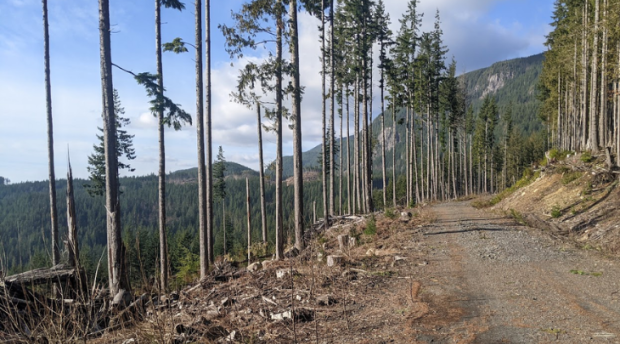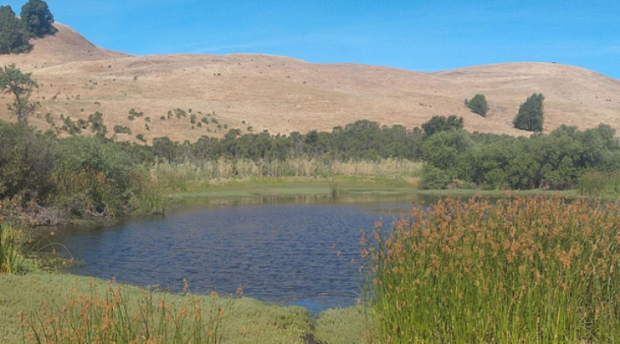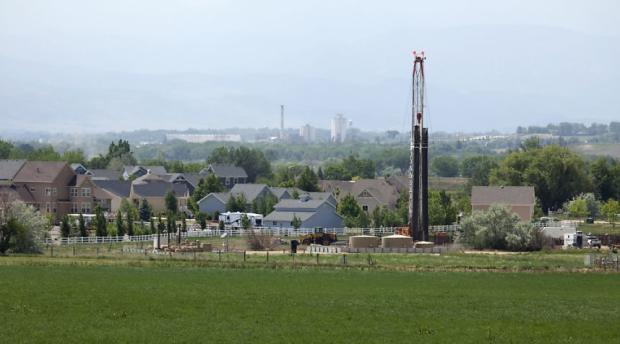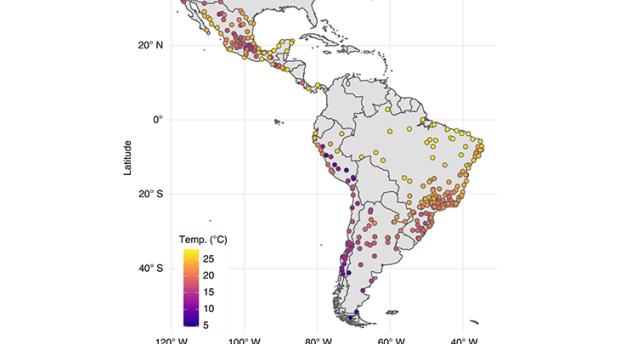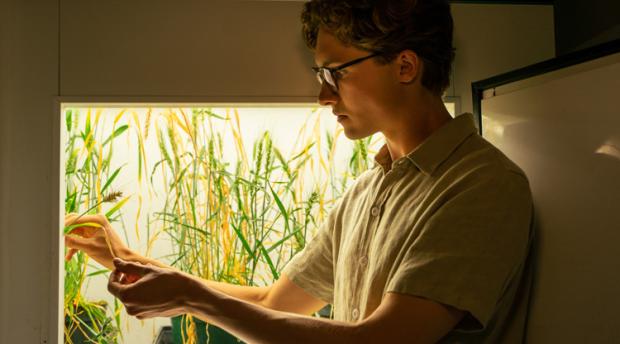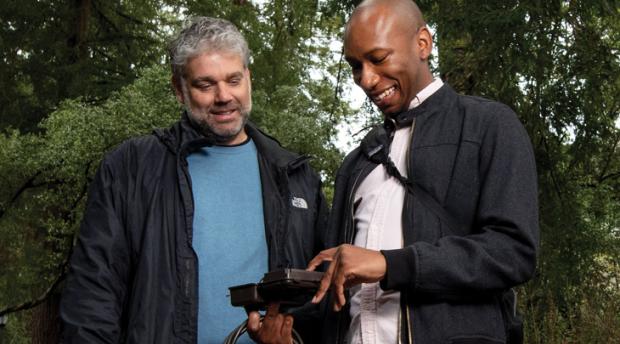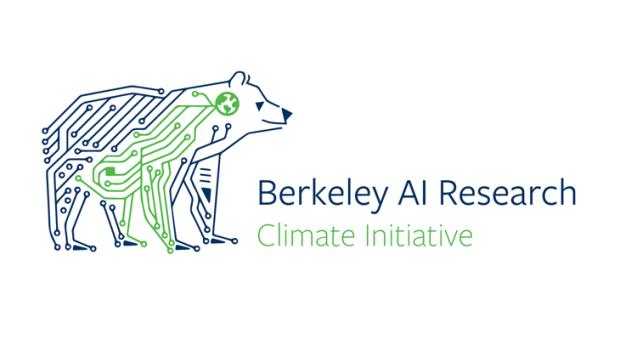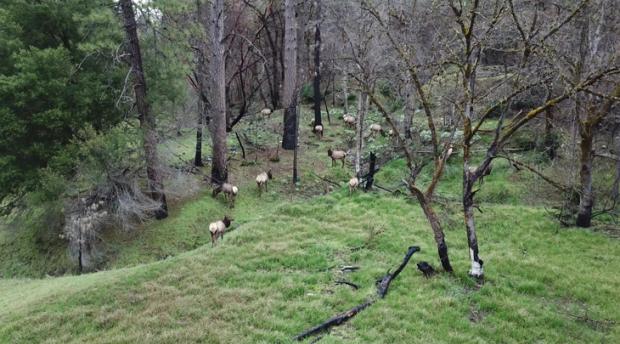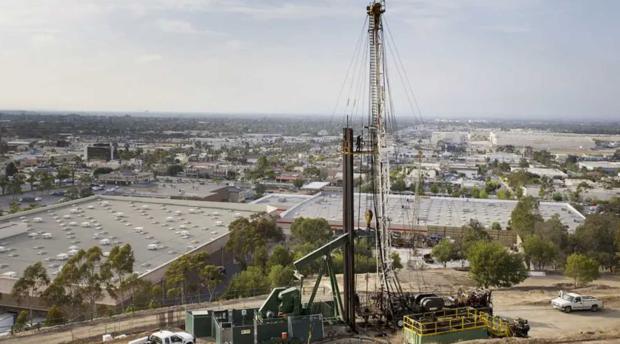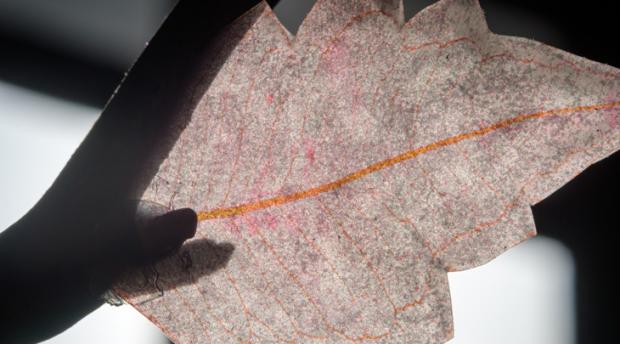Research
Climate change threatens Sierra Nevada stream ecosystems
A team of University of California scientists found that high-mountain streams may be more vulnerable to droughts and heatwaves than previously thought.
Study highlights the complexity of dryland dynamics under a changing climate
ESPM Professor Paolo D’Odorico is co-author of a review published in today the journal Nature Climate Change.
Getting to Carbon Negative
In the fall Breakthroughs magazine on the bioeconomy, faculty members Matthew Potts, Van Butsic, and Dan Sanchez spoke about their work scaling markets for carbon capture, storage, and management.
Widespread forest disturbances hold potentially grave consequences for wildlife
A new study by Rausser College faculty and the U.S. Forest Service suggests mature forest habitats in California may be susceptible to complete loss without intervention.
Like the Borg of Star Trek, these ‘aliens’ assimilate DNA from other microbes
Professor Jill Banfield and PhD candidate Jacob West-Roberts have helped identify a new transferrable DNA structure that appears to play a role in balancing atmospheric methane.
Why some countries are leading the shift to green energy
A study appearing in Science, co-authored by ESPM professor Jonas Meckling, identifies the political factors that allow some countries to take the lead while others lag behind.
Study finds potentially dangerous levels of arsenic in prison drinking water
ESPM alum Alasdair Cohen was co-author on an analysis of water quality data from California’s Kern Valley State Prison and neighboring rural communities.
New research identifies patterns of carbon accumulation in planted forests
Research by former ESPM PhD student Jacob Bukoski and Professor Matthew D. Potts might serve as the building blocks for carbon sequestration studies.
Understanding the function of plant diversity in wetland ecosystems
A first-of-its-kind analysis by ESPM Professor Iryna Dronova found that plant diversity plays a key role in improving seasonal biomass stability.
Debunking the myths that discourage public funding of clean energy
New commentary led by ESPM Professor Jonas Meckling urges governments to spur decarbonization by moving beyond the myths surrounding public investment in clean energy that discourage the use of public funds.
How Agricultural Power Structures Inform Rural Responses to Climate Change
ESPM PhD candidate Margiana Petersen-Rockney speaks with the Daily Yonder about how climate change messaging–or the lack thereof–by farm service providers affects rural communities.
Multi-layered strategies needed to protect public health from oil and gas drilling impacts
Rachel Morello-Frosch is senior author on a commentary out today in Environmental Research Letters on developing policies to mitigate the impact of gas and oil production.
Extreme temperatures linked to increased mortality in Latin America
ESPM Professor Iryna Dronova co-authored the multidisciplinary study published in Nature Medicine.
Can CRISPR help us deal with climate change?
Rausser College researchers lead research on how CRISPR can help plants thrive in a changing climate and sequester carbon in the soil to draw down greenhouse gases and reduce methane emission.
How Kendall Calhoun’s “love” for California led him to Berkeley
Learn more about the PhD student's research into the response and potential recovery of mammals, birds, and other species after extreme climate events.
New UC Berkeley initiative uses AI Research to solve climate problems
ESPM Professor Manuela Girotto is part of a new UC Berkeley research initiative that connects experts from AI and climate-related fields.
Enhancing elk habitat through Karuk Traditional Ecological Knowledge
The study demonstrates the importance of integrating TEK into land management practices.
Quantifying the relationship between birders and the environment
ESPM researchers hope the “bigger” and “brighter” birds popular among citizen scientists can aid outreach and conservation efforts.
More oil and gas wells in redlined neighborhoods
Study shows that historically marginalized communities are exposed to more wells and their accompanying pollution.
Visualizing the architecture of a leaf
Learn about graduate student Mickey Boakye's work on leaf structure and adaptation, and see how artist-scientist Dr. Juniper Harrower and composer Marcus Norris interpret their research.


